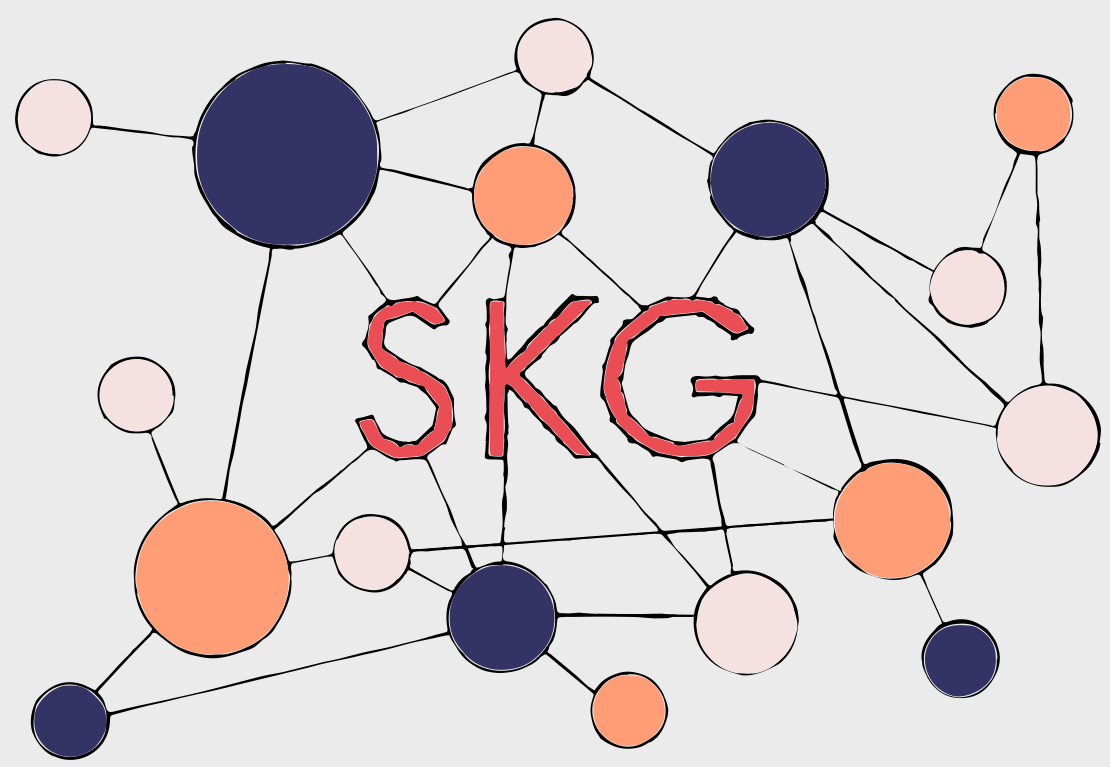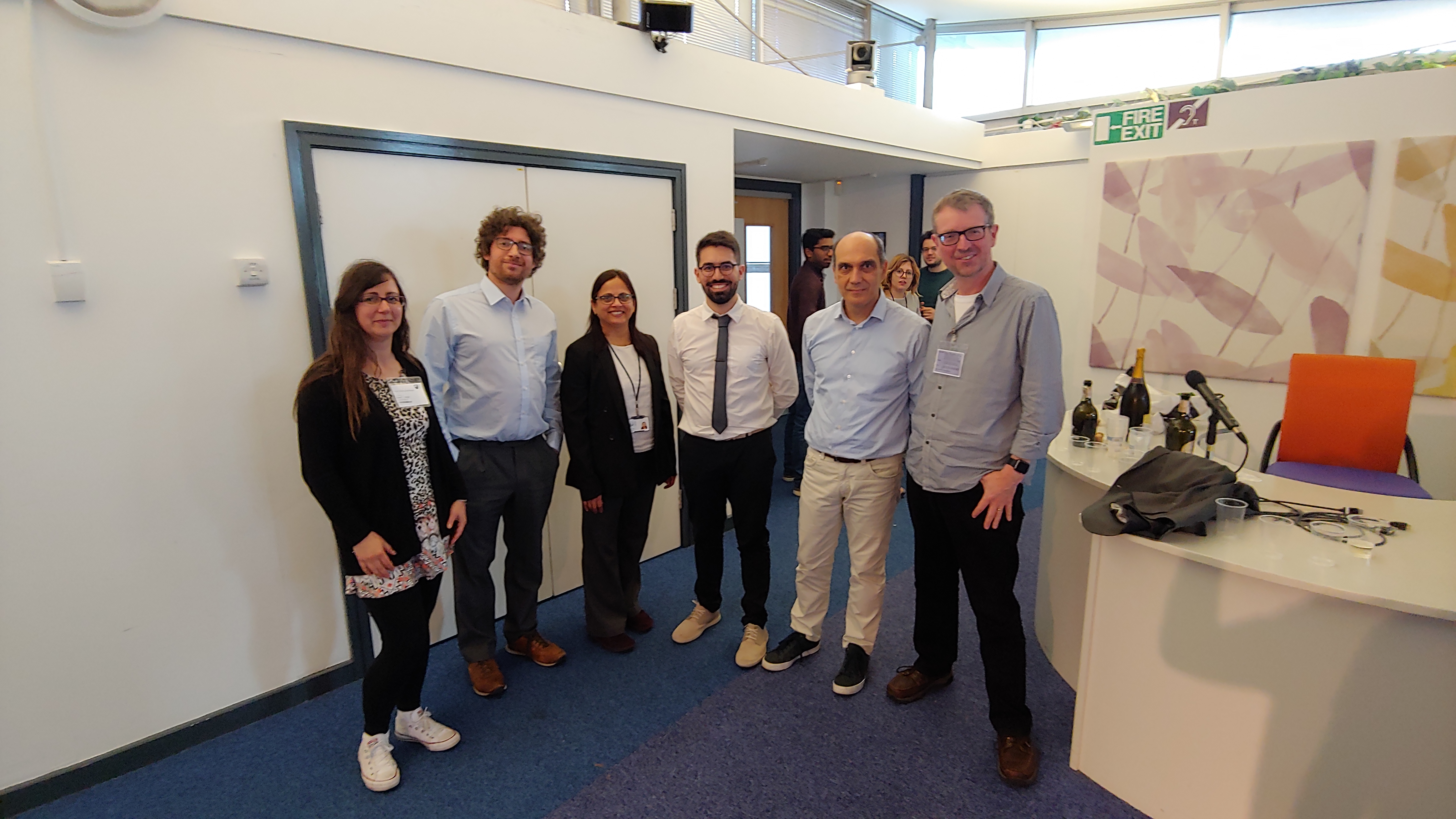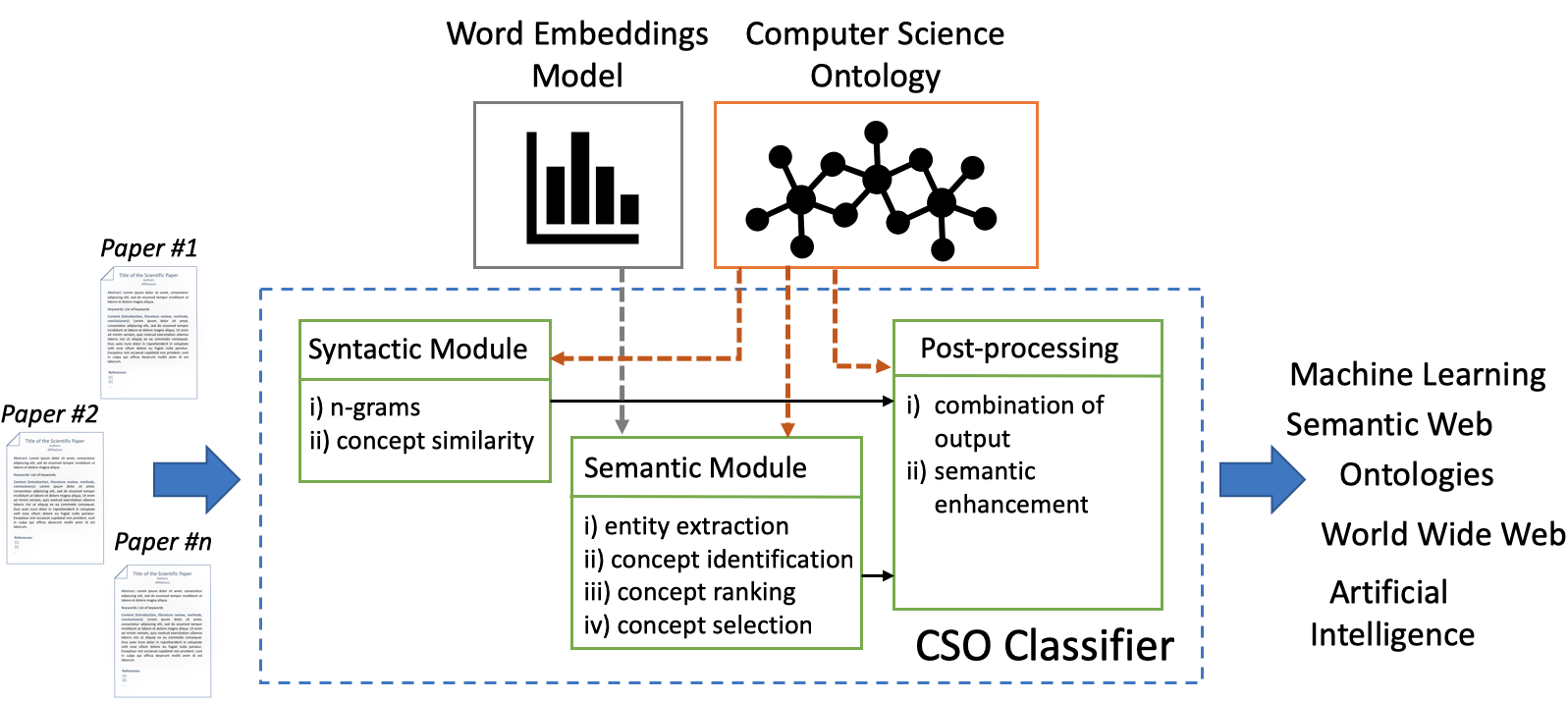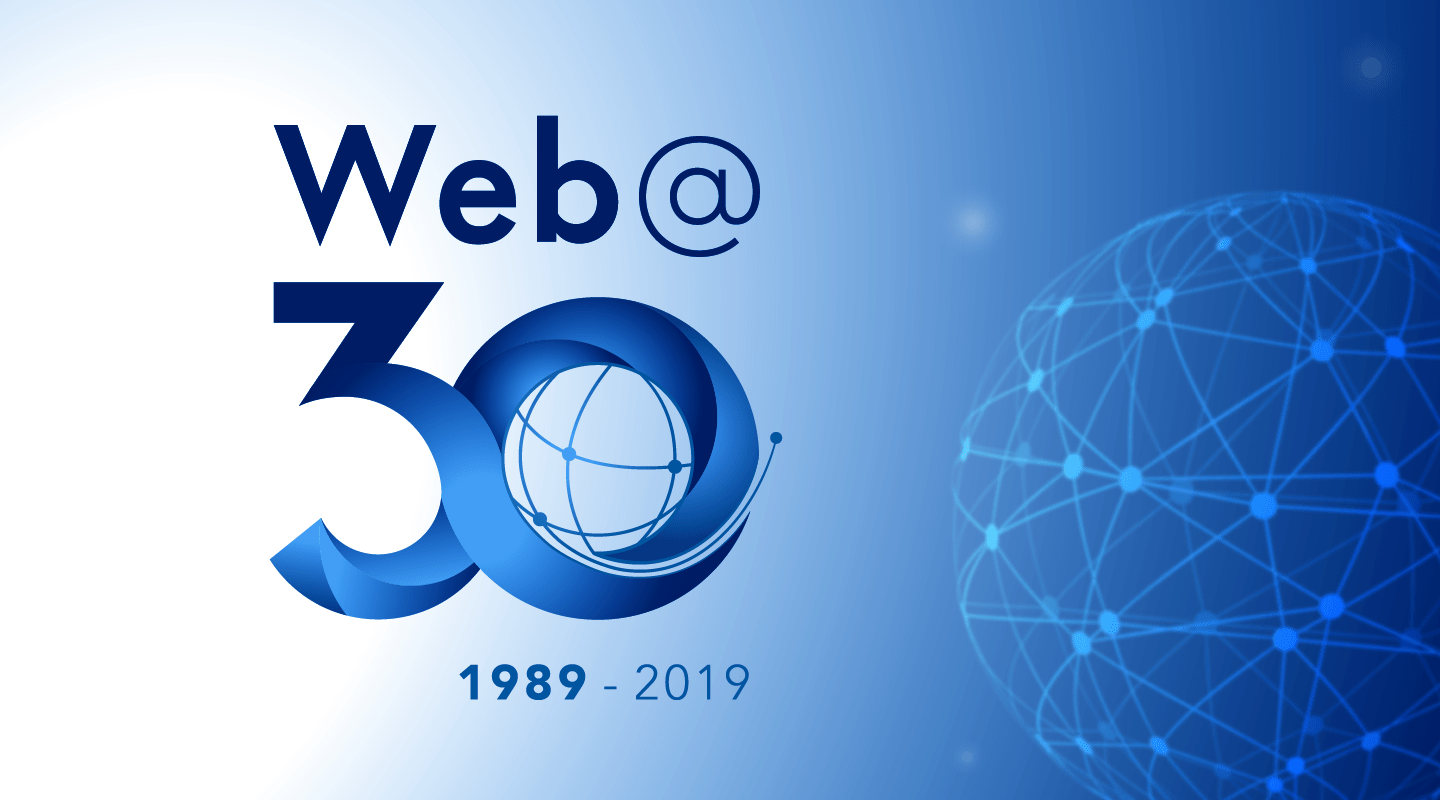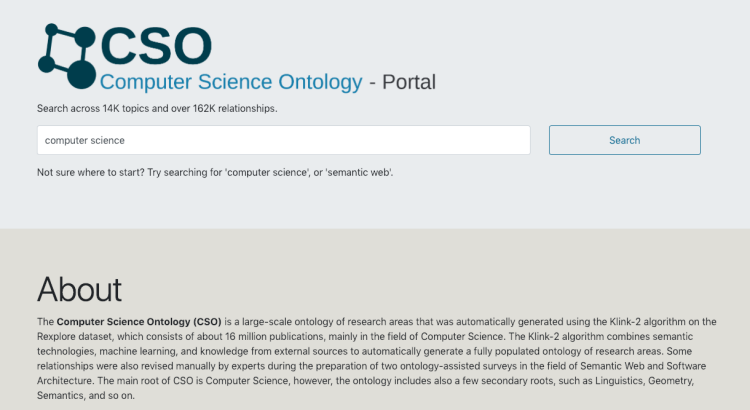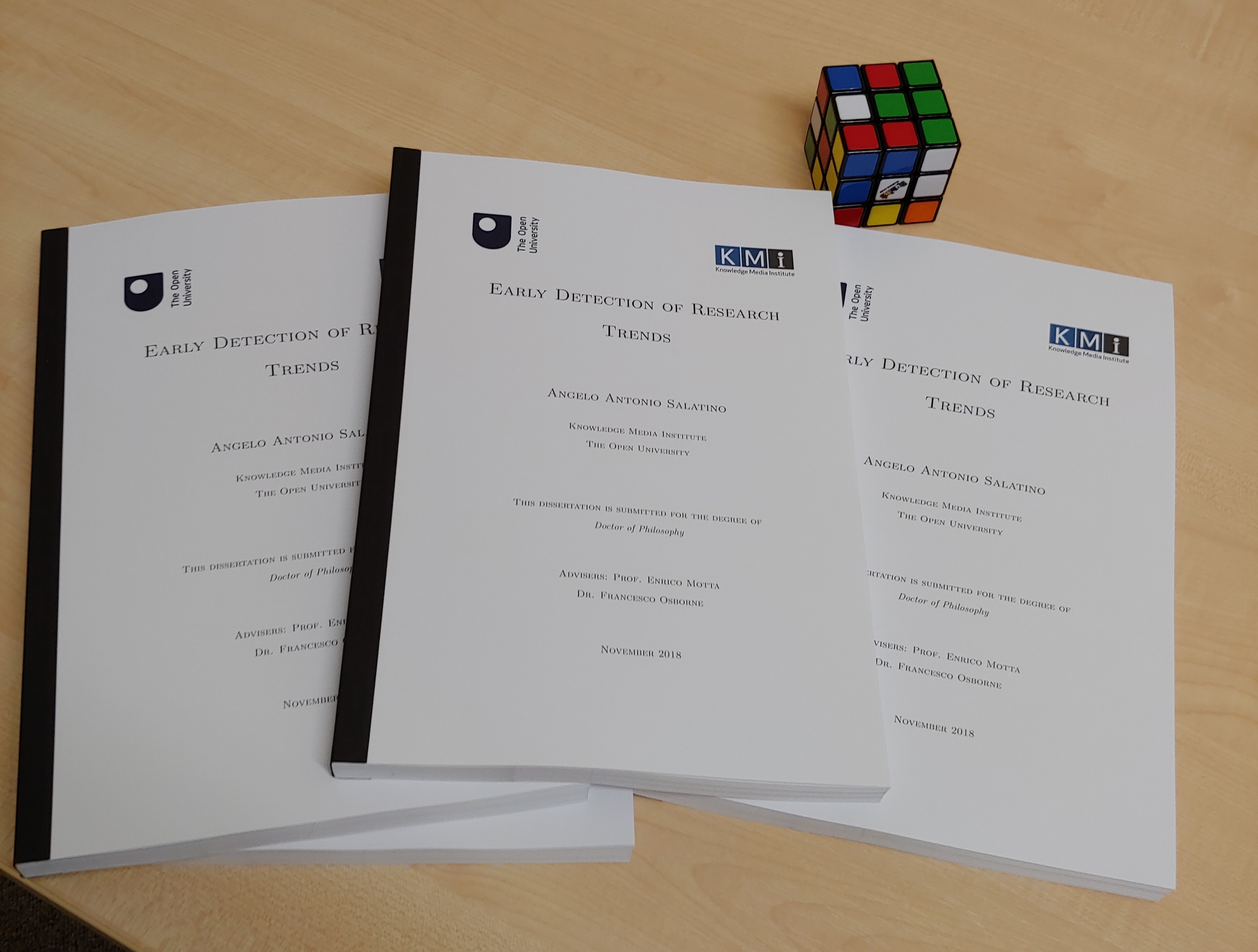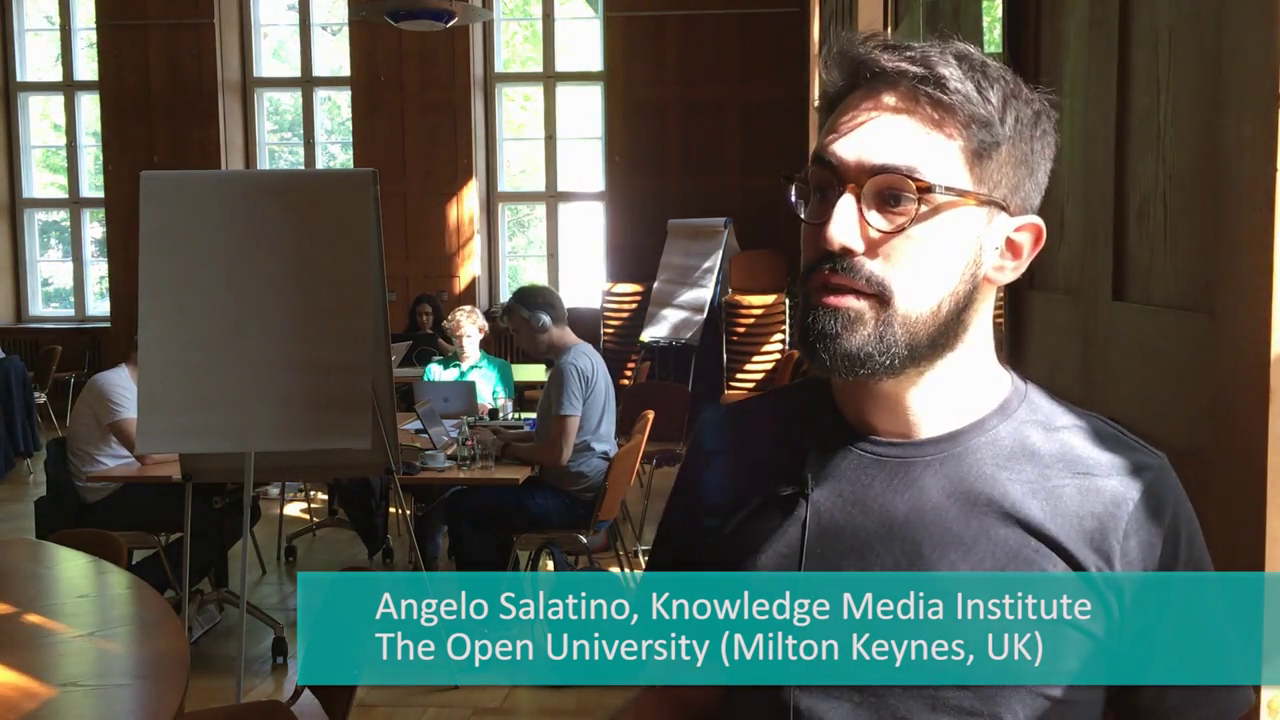In the last decade, we experienced an urgent need for a flexible, context-sensitive, fine-grained, and machine-actionable representation of scholarly knowledge and corresponding infrastructures for knowledge curation, publishing and processing. Such technical infrastructures are becoming increasingly popular in representing scholarly knowledge as structured, interlinked, and semantically rich Scholarly Knowledge Graphs (SKG).
The 1st Workshop on Scientific Knowledge Graphs (SKG2020) aims at bringing together researchers and practitioners from different fields (including, but not limited to, Digital Libraries, Information Extraction, Machine Learning, Semantic Web, Knowledge Engineering, Natural Language Processing, Scholarly Communication, and Bibliometrics) in order to explore innovative solutions and ideas for the production and consumption of Scientific Knowledge Graphs (SKGs).
